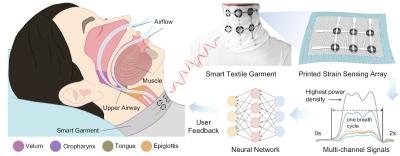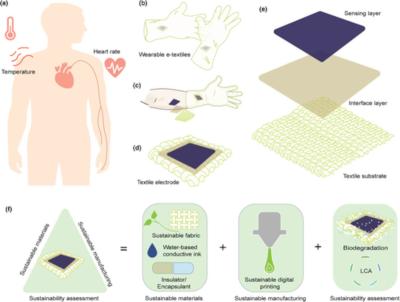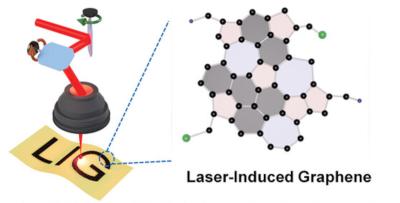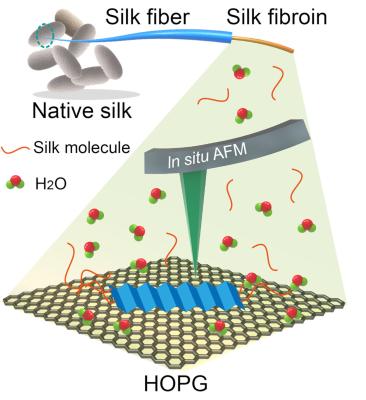New ‘smart pajamas' use graphene sensors to monitor sleep disorders
Researchers from the UK's University of Cambridge and China's Capital Medical University and Beihang University have developed a washable, skin-compatible smart garment sleep monitoring system that uses graphene sensors to capture local skin strain signals under weak device–skin coupling conditions without positioning or skin preparation requirements.
The monitoring of sleep behavior begins by detecting subtle vibrations at the extrinsic laryngeal muscle, which are induced by physiological vibrations emanating from various anatomical locations such as the velum, oropharynx, tongue, and epiglottis. These vibrations are then captured by a six-channel strain sensor array printed onto the collar of a garment. The signals from the channel with the strongest response are processed by a deep learning neural network, SleepNet, which is designed for recognizing and analyzing sleep patterns. Image from PNAS
The comfortable, washable ‘smart pajamas' can monitor sleep disorders such as sleep apnea at home, without the need for sticky patches, cumbersome equipment or a visit to a specialist sleep clinic.







